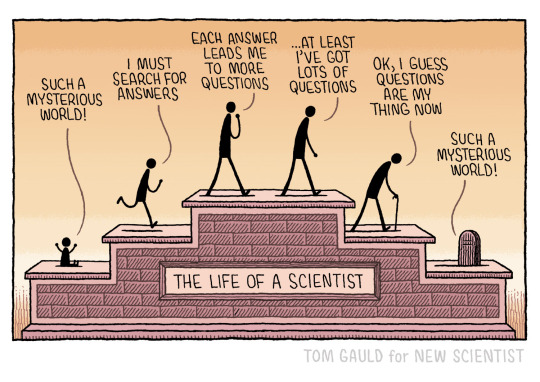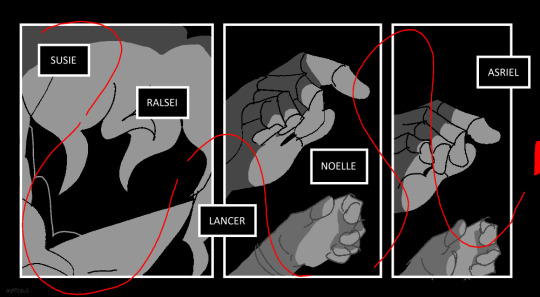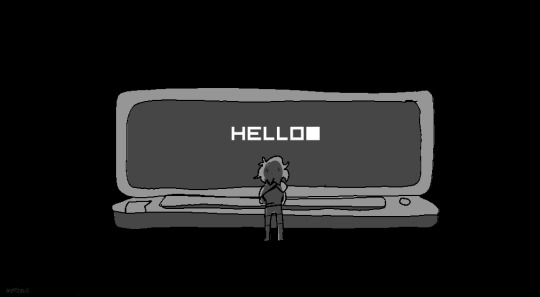Don't wanna be here? Send us removal request.
Text

#rootsinthefuture#sci-fi#science fiction#sci fi#extraterrestial life#extraterrestrial#alien#1990#90s
4 notes
·
View notes
Text

11 notes
·
View notes
Text

9 notes
·
View notes
Text

14 notes
·
View notes
Text

Certamente, ecco la traduzione in inglese del testo:
New Technology
A Scientist Reveals How to Escape Our Simulation
Find your way out of the wrong reality.
By Darren Orf
Published: December 12, 2024 10:12 AM EST
For two decades, scientists have seriously considered the possibility that we live in a simulated universe. A computer scientist from the University of Louisville is exploring ways in which humans could try to exit this reality and enter "base reality." So far, techniques from all the world's religions, along with the immense complexity of the Large Hadron Collider, seem to have no effect on our theoretical simulated reality.
Red pill or blue pill: the famous question that frames the entirety of The Matrix. In the 1999 film, a surprisingly resolute Neo takes the red pill and decides to "see how deep the rabbit hole goes." The moment is one of the most iconic scenes in science fiction history, but it also explores a relevant philosophical question: if reality is a simulation, can humans decide to leave it?
Roman Yampolskiy, a computer scientist at the University of Louisville, explores this very question in a detailed paper outlining a possible way to exit our simulated existence.
The idea that humans might be living in a simulation is surprisingly old. The French philosopher René Descartes proposed it as early as the 17th century, but it truly captured the scientific community when Oxford University philosopher Nick Bostrom wrote an influential paper on the possibility of a simulated reality in 2003. Bostrom estimated the odds that we were living inside a super-advanced alien computer to be about 20%.
Yampolskiy continues this tradition of exploring the limits of a possible simulation and, in particular, how to escape it. He draws on concrete examples of "hacks," exploits found in video games, and more philosophical digressions on attempting to communicate with our simulator overlords via an avatar.
Yampolskiy also includes a compendium of various escape plans theorized by other thinkers, including "generating an incomputable paradox" or overloading the simulation's computational capacity, such as requiring millions of people to meditate simultaneously and then suddenly become very active.
The article admits that there is some compelling evidence that could undermine the idea of escaping the simulation, or even the existence of the simulation itself. For example, knowledge of the simulation itself does not seem to affect its existence, nor do religions, which are all directed at an external simulator, have any measurable effect or intervention (previous researchers have proposed this very idea). Furthermore, the use of incredibly complex machines that yield surprising results, like the Large Hadron Collider, seems to have no effect on any kind of simulation.
Of course, there is the question of why humans would want to leave the simulation: after all, Neo's experience of leaving the Matrix wasn't exactly pleasant. Yampolskiy argues that accessing the "base reality" could increase our computational capabilities and give us access to "real" knowledge rather than the simulated physics of our known universe. The consequences of such an escape plan are also unknown.
Darren Orf
Yampolskiy admits that such investigations carry existential risks and even speculates about the possibility that the simulators may have rebooted the simulation with enhanced security features, effectively erasing our collective memory.
It is probably impossible to find out with 100% certainty if we live in a simulation. For now, we have to stick with the blue pill.
#rootsinthefuture#sci-fi#science fiction#sci fi#future#futuristic#reality#matrix#simulation#simulation theory
1 note
·
View note













